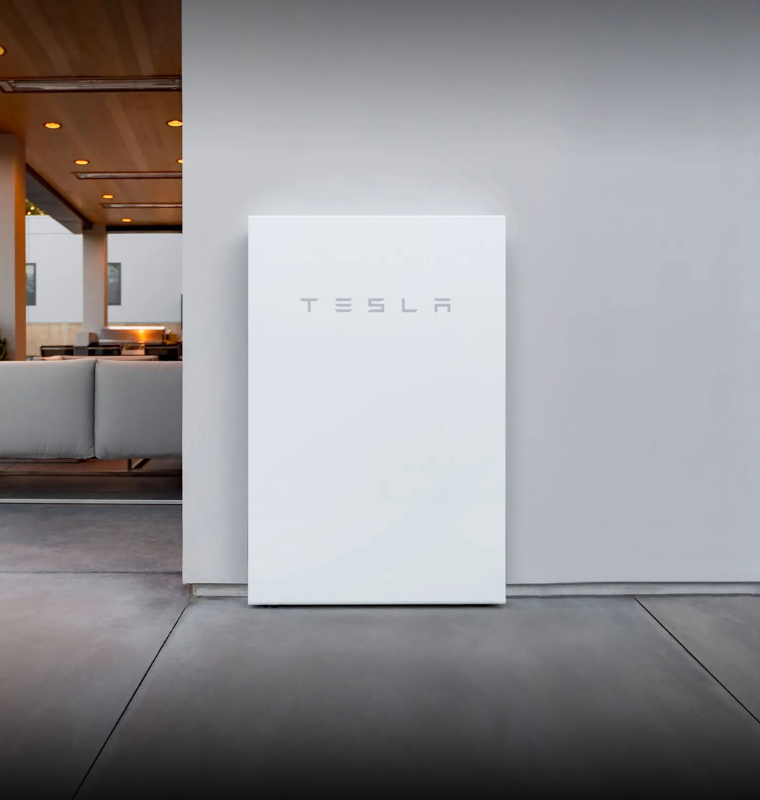Amazon, Meta, and Prologis Unite to Accelerate Low-Carbon Concrete Revolution
Amazon, Meta, and Prologis Unite to Accelerate Low-Carbon Concrete Revolution
By
Calder Monroe
Last updated:
October 6, 2025
First Published:
October 6, 2025

Construction workers pouring wet concrete on a road. - Jung Getty
Major Corporations Join Forces to Decarbonize Construction
Concrete, the backbone of global infrastructure, is also one of its dirtiest secrets. According to the World Economic Forum, cement — the key ingredient in concrete — is responsible for roughly 8% of total global greenhouse gas emissions, making it one of the largest single industrial sources of CO₂. To put that into perspective, if the cement industry were a country, it would rank as the world’s third- or fourth-largest emitter.
In a bold move to change that, Amazon, Meta, and Prologis have teamed up with other organizations to launch the Sustainable Concrete Buyers Alliance (SCoBA), a global initiative designed to accelerate the use and production of low-carbon concrete. The alliance is led by RMI (formerly the Rocky Mountain Institute) and the Center for Green Market Activation.
Using Collective Power to Drive Change
The key idea behind SCoBA is simple yet powerful — use collective purchasing power to reshape the market. By committing to buy low-carbon concrete, major companies can create enough financial incentive for manufacturers to invest in cleaner technologies and large-scale decarbonization projects.
“We’re looking to channel their investments into real off-take agreements that will enable low-carbon cement and concrete producers to fund decarbonization initiatives and scale production,” said Ben Skinner, who leads the cement and concrete program at RMI.
This approach could help overcome one of the industry’s biggest challenges: cost. Retrofitting cement plants to use alternative fuels, carbon-capture systems, or low-emission raw materials requires billions in investment. Yet many producers hesitate to spend without guaranteed demand. On the flip side, eco-conscious buyers struggle to find sufficient low-carbon supply — a classic “chicken-and-egg” problem that SCoBA aims to solve.
Corporate Leaders Commit to Sustainable Building
For Prologis — the world’s largest logistics real estate company with over 1.2 billion square feet of industrial space — sustainability is now a business imperative. “Low-carbon cement and concrete are essential to decarbonizing the built environment,” said Keara Fanning, the firm’s Director of Net Zero and Sustainability. “This alliance will help bring next-generation materials to scale for our customers.”
Amazon and Meta, both massive builders of data centers and logistics hubs, stand to make a significant impact as well. Together, their construction projects consume millions of tons of concrete annually. Their participation ensures that SCoBA has the market leverage needed to reshape supplier priorities.
Innovative Financing and Market Models
The alliance plans to operate through a book-and-claim system — a mechanism already proven in the renewable energy sector. Under this model, companies can purchase “environmental attribute certificates” for low-carbon concrete produced elsewhere, helping stimulate production without incurring the inefficiencies of transporting materials across long distances.
“For example, if a buyer in New York purchases certificates from a California-based producer, they can claim the environmental benefit without physically shipping the concrete,” Skinner explained. This method enables a globalized carbon-reduction marketplace while keeping logistics local — a breakthrough for an industry traditionally limited by geography and heavy materials.
Boosting Innovation in Green Cement
SCoBA’s creation is also a lifeline for startups working to revolutionize cement production. California-based Brimstone, which has developed a carbon-negative cement using silicate rock instead of limestone, is among the first companies invited to collaborate with the alliance.
“It’s a huge win when some of the biggest companies in the world join together to build a market for sustainable concrete,” said Brimstone CEO Cody Finke. “It gives innovators like us a faster path to market — putting our materials into buildings, data centers, and infrastructure projects sooner.”
The alliance could help advance similar technologies, such as CarbonCure, which injects captured CO₂ into concrete during mixing, and Solidia Technologies, which reduces emissions by up to 70% through alternative curing processes.
The Path to a Cleaner Construction Future
The global construction industry is projected to grow by 42% by 2030, driven by urbanization and infrastructure needs. Without intervention, emissions from cement and concrete could rise dramatically. Alliances like SCoBA aim to break that trajectory by aligning corporate demand, innovation, and investment.
By uniting some of the world’s largest buyers and builders, the Sustainable Concrete Buyers Alliance represents a crucial step toward decarbonizing one of humanity’s most essential — and polluting — materials. If successful, it could set a precedent for how collective corporate action can reshape entire industries toward a cleaner, more sustainable future.
Popular articles
Subscribe to unlock premium content
The Rise of Silent Walking Tours in Historic Cities

The Rise of Ultra-Niche Cooking Classes Focused on Historical or Regional Recipes

The Rise of One-Person Dining Experiences for Ultra-Introverts in Major Cities

The Rise of Silent Walking Tours in Historic Cities

The Rise of Ultra-Niche Cooking Classes Focused on Historical or Regional Recipes

The Rise of Silent Walking Tours in Historic Cities









